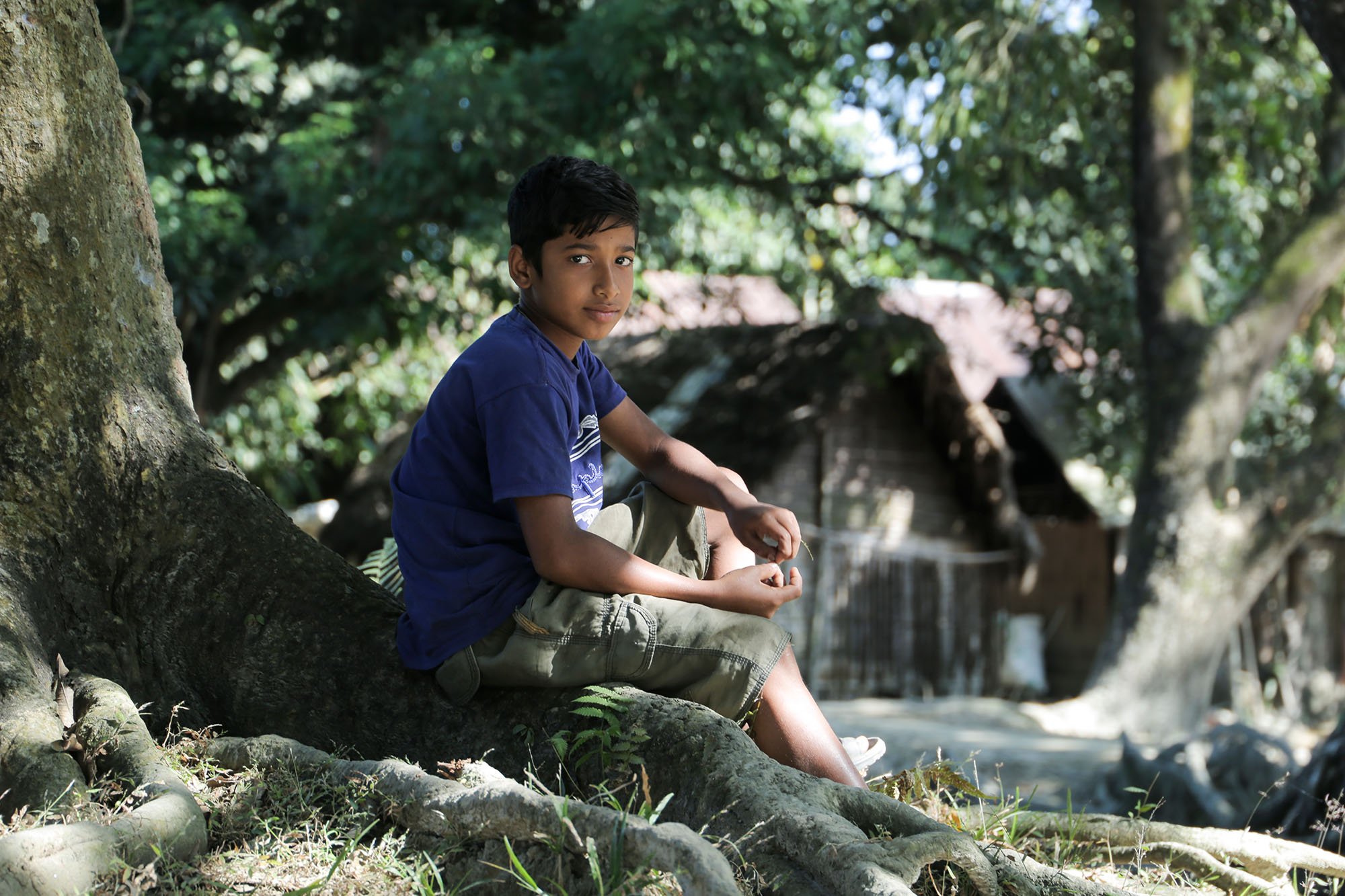
75,000+
Families Lifted Out of Poverty
40 Years
Experience in Bangladesh
75%
Poverty Reduction in Focus Areas
What happens when we don’t take action?
Families remain trapped in poverty, unable to break free without access to financial resources and education. Parents struggle to provide for their children, and children miss out on the educational foundation they need for lifelong success. You can be their hero!

You Can Help Eradicate Poverty Today
STEP 1: Donate to support our programs.
STEP 2: Empower families and communities to thrive.
STEP 3: Help end poverty in rural Bangladesh.
Helping Bangladeshi families escape poverty through micro-lending and early childhood education.
“Through PSDI, I started a small business that now supports my family, and my children are thriving in school. We finally have hope for a better future.”

Our Supporters and Partners
Your Dollar Goes Further With PSDI
Every $1 You Give Creates $4–$17 in Social and Economic Impact.
When you invest in PSDI’s programs, your gift doesn’t just provide temporary relief—it creates lasting, transformative change. Our dual-impact approach amplifies your donation, ensuring that families in rural Bangladesh not only survive but thrive.
For every dollar invested in PSDI’s wraparound family services:
Parents build sustainable businesses.
Children receive the education they need to break free from poverty.
Communities experience economic growth and long-term stability.
This remarkable return on investment is possible because PSDI tackles the root causes of poverty with proven, sustainable solutions.
PSDI combines micro-lending and early childhood education to address both the immediate and long-term needs of families in rural Bangladesh.
With a 40-year proven track record, we’ve empowered over 75,000 families, reduced poverty by 75% in our focus areas, and created sustainable pathways to opportunity.

"4 Things You Can Do Today To Eradicate Poverty"
Download this free resource to learn how micro-lending and early childhood education create lasting change for families in need.












